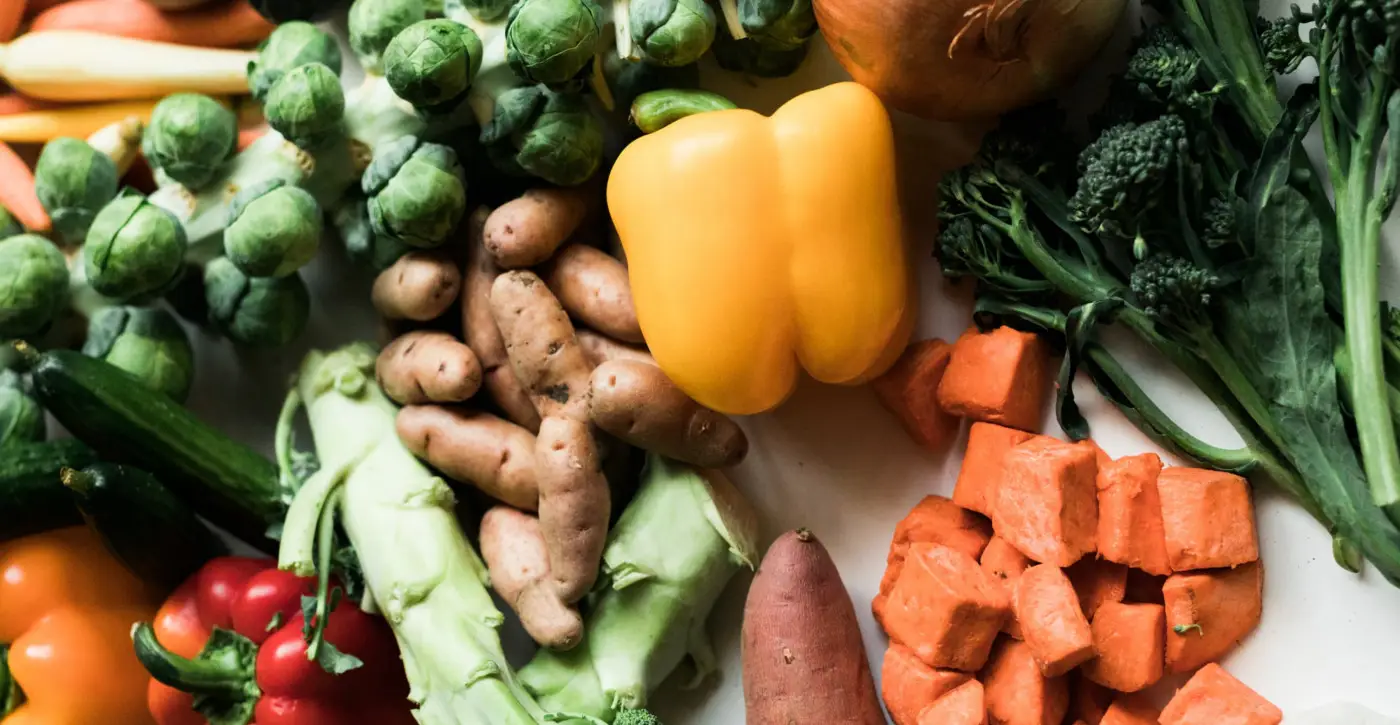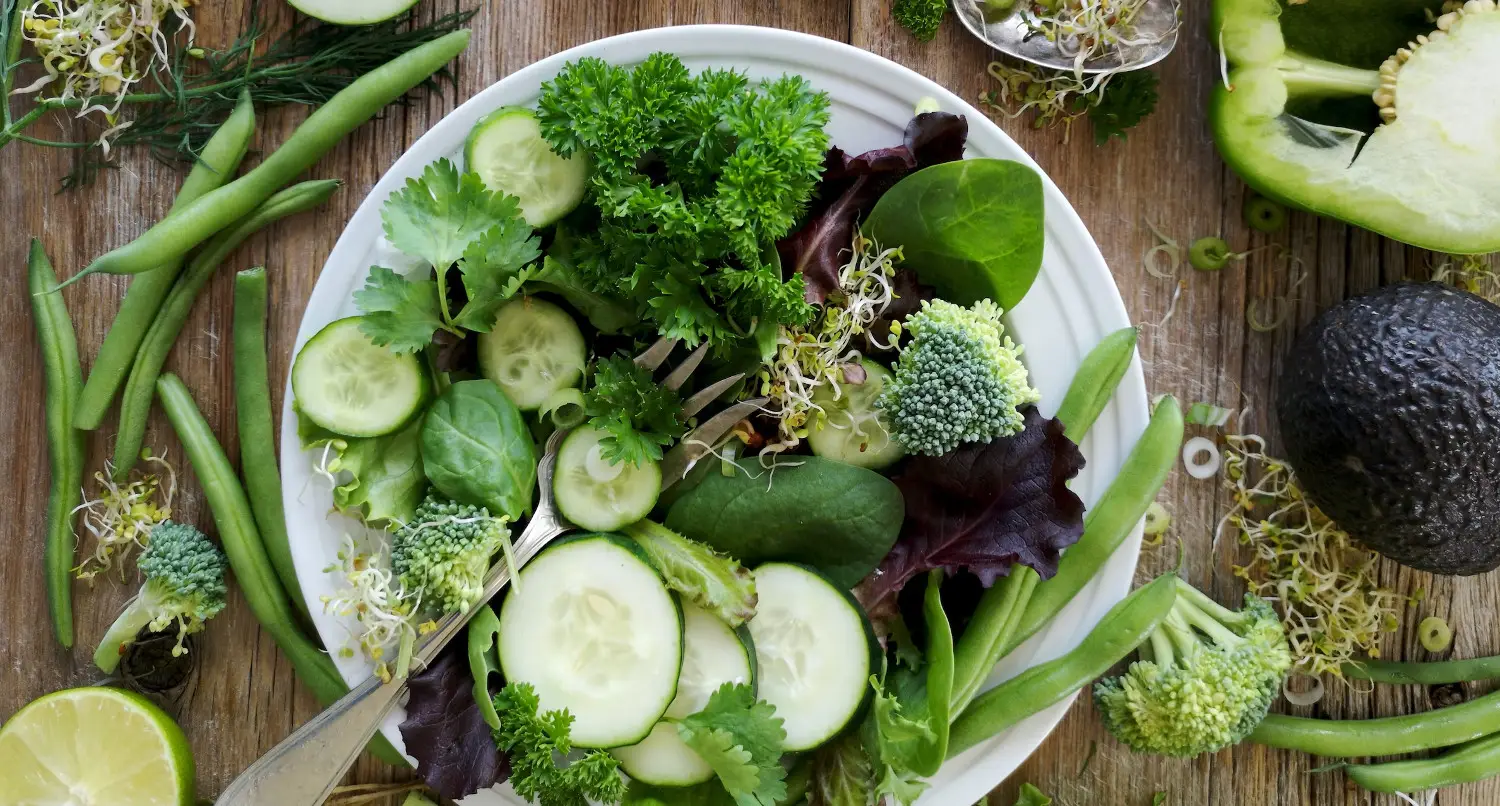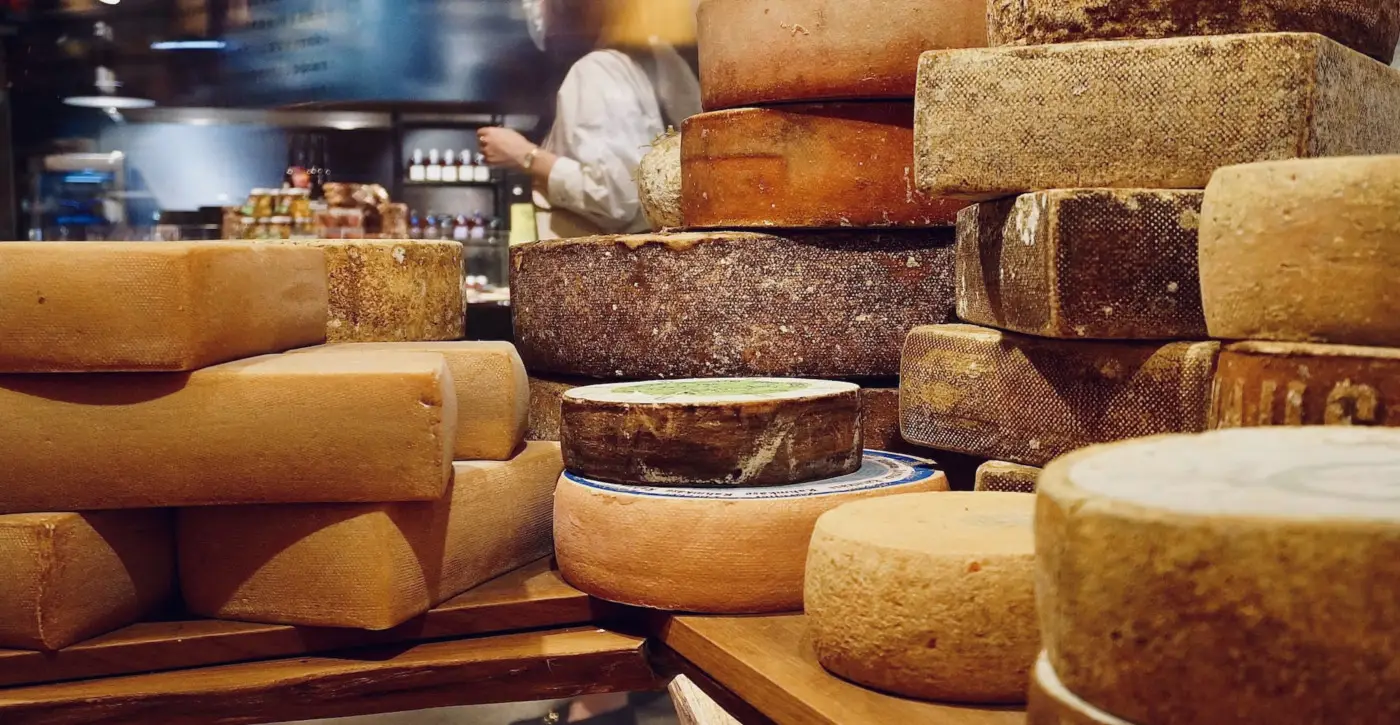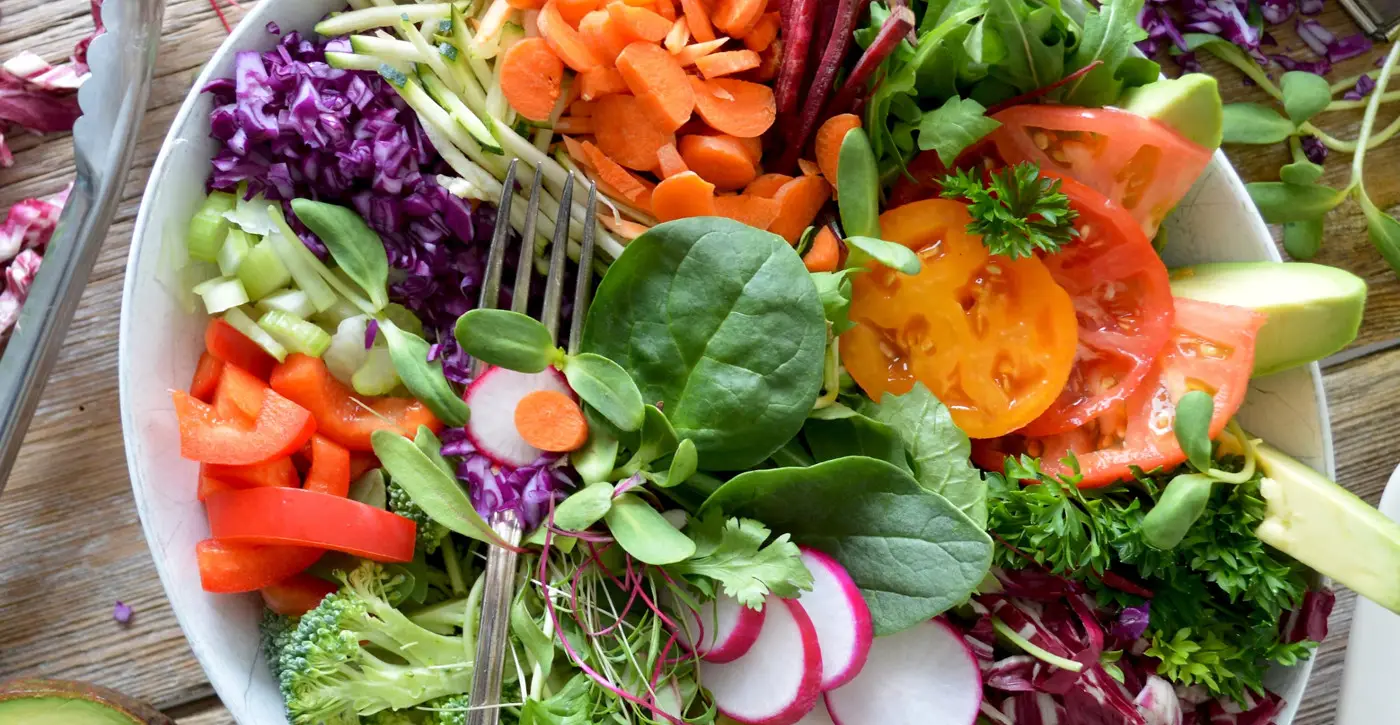Cucumber Lysine and Arginine Info Sheet
Overview
Cucumber is a long and green vegetable that has a crisp and watery flesh.It is mostly composed of water and has a mild and refreshing taste.
It is low in calories and high in vitamin K, vitamin C, and silica.
Cucumber can be eaten raw, cooked, pickled, or juiced. It is often used in salads, sandwiches, dips, and drinks.
| Name | Lysine (mg/100g) | Arginine (mg/100g) | Ratio |
|---|---|---|---|
| Cucumber | 22mg | 36mg | 0.611 |
Cucumber contains 22mg of Lysine and 36mg of Arginine per 100g of product.
This means Cucumber has a low Lysine-Arginine ratio of 0.611.
Because Cucumber contains slightly more arginine than lysine, reducing its consumption may help people who suffer from herpes, as it may lower the viral activity.
Lysine Considerations
Cucumber is not a good source of lysine, as it contains only 22 mg of lysine per 100 grams of food.
Lysine is an essential amino acid that is important for protein synthesis, collagen formation, and immune function.
Lysine has the potential to prevent or treat cold sores, which are blisters caused by the HSV-1 virus, also known as herpes.
Lysine operates by slowing down the proliferation of HSV-1, which relies on another amino acid, arginine, to reproduce and infect cells.
Lysine can only be acquired through our diet, and is present in different high-protein foods such as eggs, milk and cheese, fish, meat and poultry.
Arginine Considerations
Cucumber is also not a good source of arginine, as it contains only 36 mg of arginine per 100 grams of food.
Arginine is a semi-essential amino acid that is involved in nitric oxide production, wound healing, and blood pressure regulation.
Arginine can contribute to cold sore outbreaks, which are blisters caused by the HSV-1 virus, also known as herpes.
Arginine aids in the growth of HSV-1, which needs this particular amino acid to multiply and infect cells.
Arginine can be obtained through our diet, and is found in many high-protein foods such as nuts, seeds, and chocolate.
Regrettably, the herpes virus is known to "feed" on arginine, and a diet abundant in arginine compared to lysine may increase the frequency and severity of cold sores and herpes outbreaks.
Lysine-Arginine Ratio
Cucumber has a low lysine-arginine ratio of 0.611, which means it has more arginine than lysine.
This ratio may affect the balance of these amino acids in the body, and may have implications for viral infections, such as herpes simplex virus (HSV), which requires arginine for replication.
Lysine and arginine are both amino acids that are involved in protein synthesis and other metabolic processes.
That said, they have opposite effects on the herpes simplex virus, which causes cold sores and genital herpes.
Lysine can prevent the replication of the virus, while arginine can stimulate it.
Because of this, eating foods that have a high lysine-arginine ratio may help reduce the frequency and severity of herpes flare ups.
Some examples of foods that have a high lysine-arginine ratio are milk, cheese and yogurt, fish, poultry, fruits, and vegetables.
These foods can provide the body with enough lysine to block the uptake of arginine by the virus, and thus prevent its growth and spread.
Dietary Considerations
Most vegetables are not very high in in calories and rich in in vitamins, minerals, and antioxidants.
Many vegetables have more lysine than arginine, such as beets, turnips, tomatoes, soybean sprouts, potatoes, celery, sweet potatoes, squash, and green beans.
These vegetables can help prevent or treat herpes outbreaks, as lysine can suppress the herpes virus.
Other vegetables have more arginine than lysine, such as peas, carrots, broccoli, cauliflower, and mushrooms.
These vegetables can still be consumed in moderation, as they have other health benefits.

For example:
A well-balanced and healthy diet that strengthens your immune system and lowers inflammation is important.
This means you should eat a lot of fruits, vegetables, whole grains, lean protein, and good fats, and avoid processed foods, added sugars, alcohol, and caffeine.
Drinking enough water to keep yourself hydrated and remove toxins from your body.
Water can also help prevent dryness and irritation of the skin and mucous membranes, which can result in fewer outbreaks.
Consider taking l-lysine supplements, which can help prevent herpes outbreaks and stop a cold sore before it emerges by limiting the availability of arginine for the virus, which it requires to produce a cold sore.
Avoiding foods that can cause allergic reactions or sensitivities, such as gluten, dairy, nuts, eggs, or shellfish.
These foods can trigger inflammation and weaken your immune system, making you more susceptible to outbreaks.
Try eating foods that can enhance your immune system and reduce inflammation to avoid outbreaks.
Some of these foods are honey, yogurt, aloe vera, and chamomile.
They can also help you with your symptoms by easing pain, swelling, and itching, and accelerating your recovery.
Check more food information






